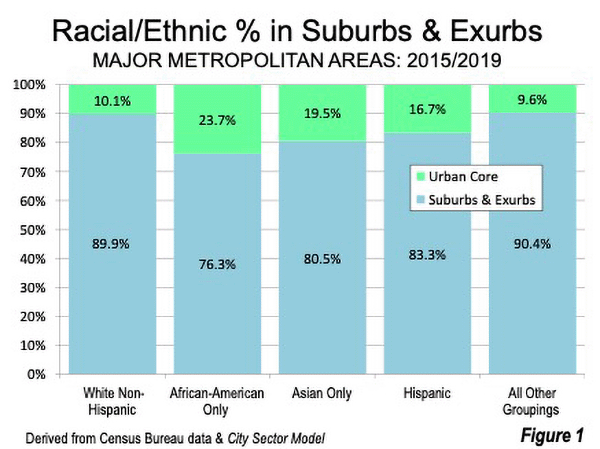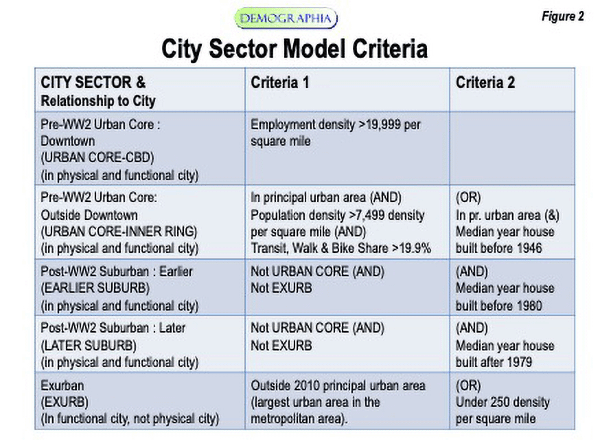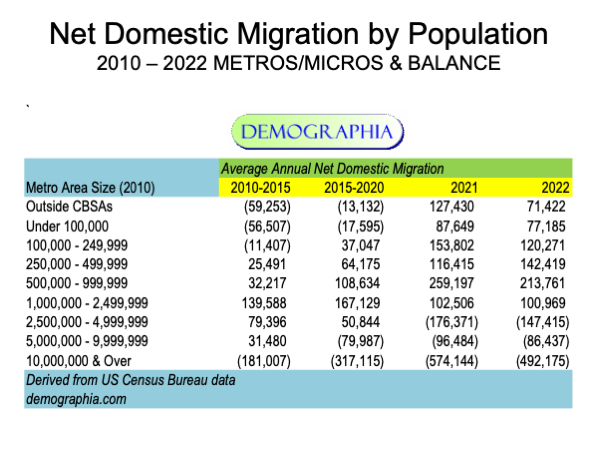Could the fate of an entire election hinge on the unsung heroes of American politics, the third-party candidates? Join us as Professor John Compton and Michael Barone unpack that very question, offering an electrifying discourse on the stirrings within third-party politics that could tip the scales in a nail-biter of an election.
Listen on Apple Podcast
More podcast episodes & show notes at JoelKotkin.com
Watch this Episode
Support Our Work
The Center for Demographics and Policy focuses on research and analysis of global, national, and regional demographic trends and explores policies that might produce favorable demographic results over time. It involves Chapman students in demographic research under the supervision of the Center’s senior staff.
Students work with the Center’s director and engage in research that will serve them well as they look to develop their careers in business, the social sciences, and the arts. Students also have access to our advisory board, which includes distinguished Chapman faculty and major demographic scholars from across the country and the world.
For additional information, please contact Mahnaz Asghari, sponsored project analyst for the Office of Research, at (714) 744-7635 or asghari@chapman.edu.
Tweet thoughts: @joelkotkin, @mtoplansky, #FeudalFuture #BeyondFeudalism
Learn more about Joel’s book ‘The Coming of Neo-Feudalism‘
This show is presented by the Chapman Center for Demographics and Policy, which focuses on research and analysis of global, national and regional demographic trends and explores policies that might produce favorable demographic results over time.















